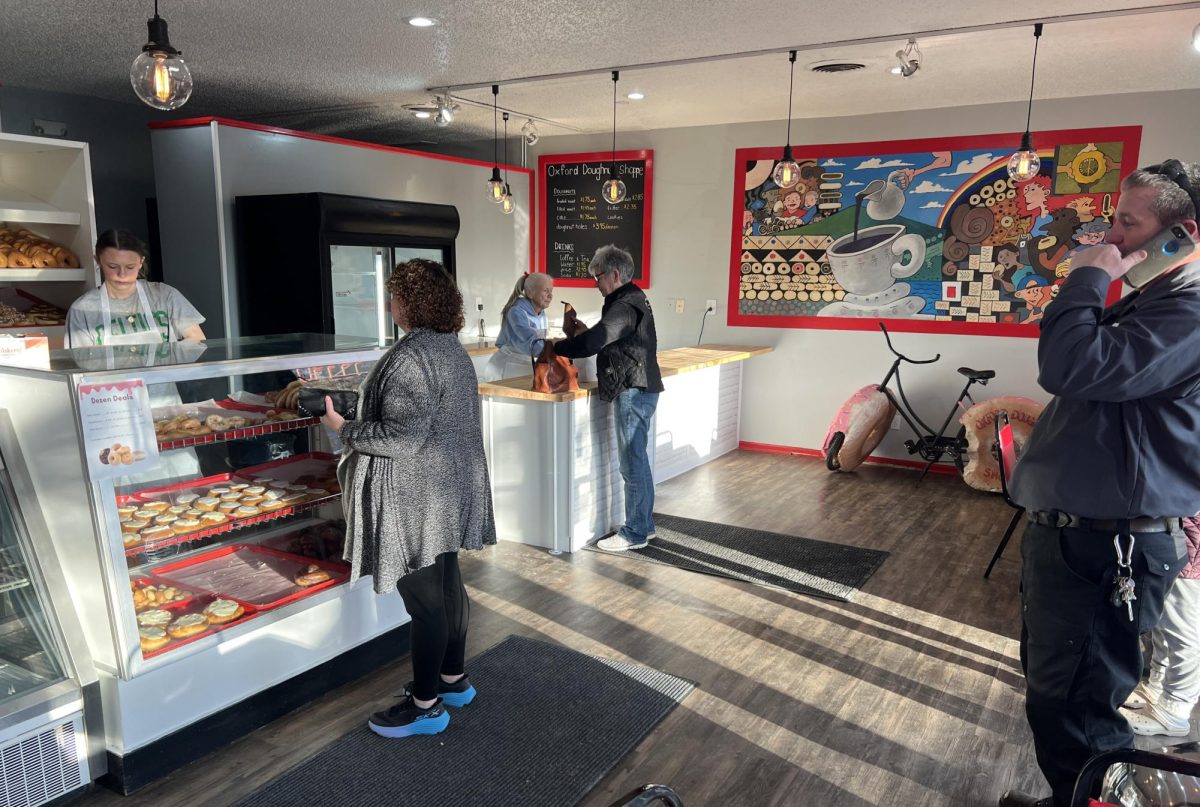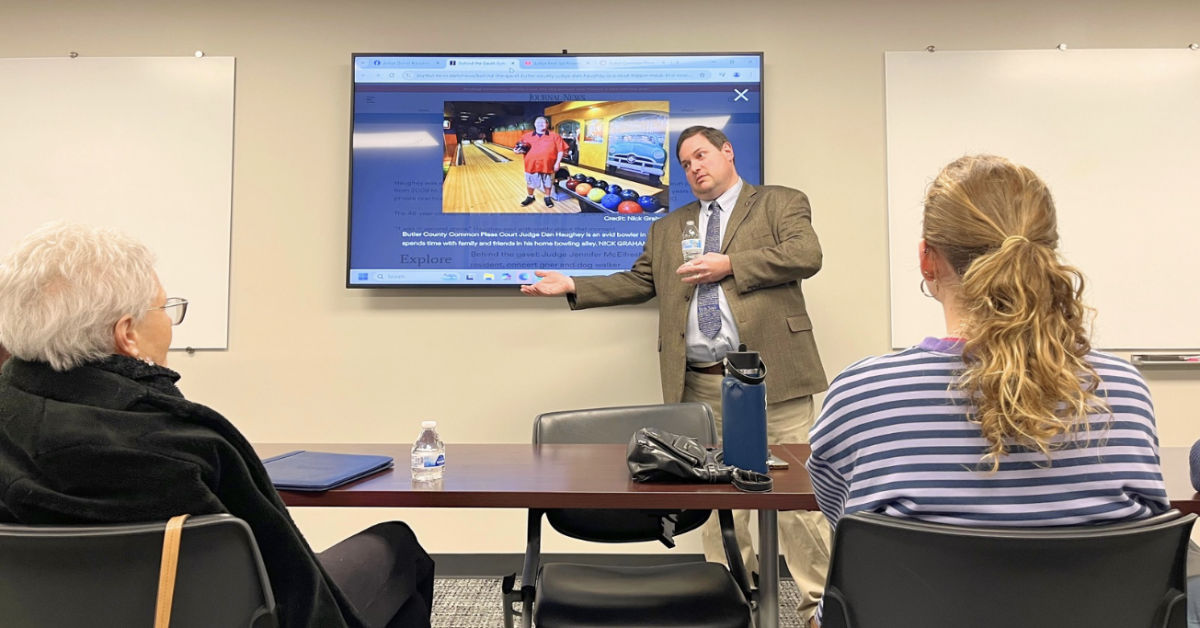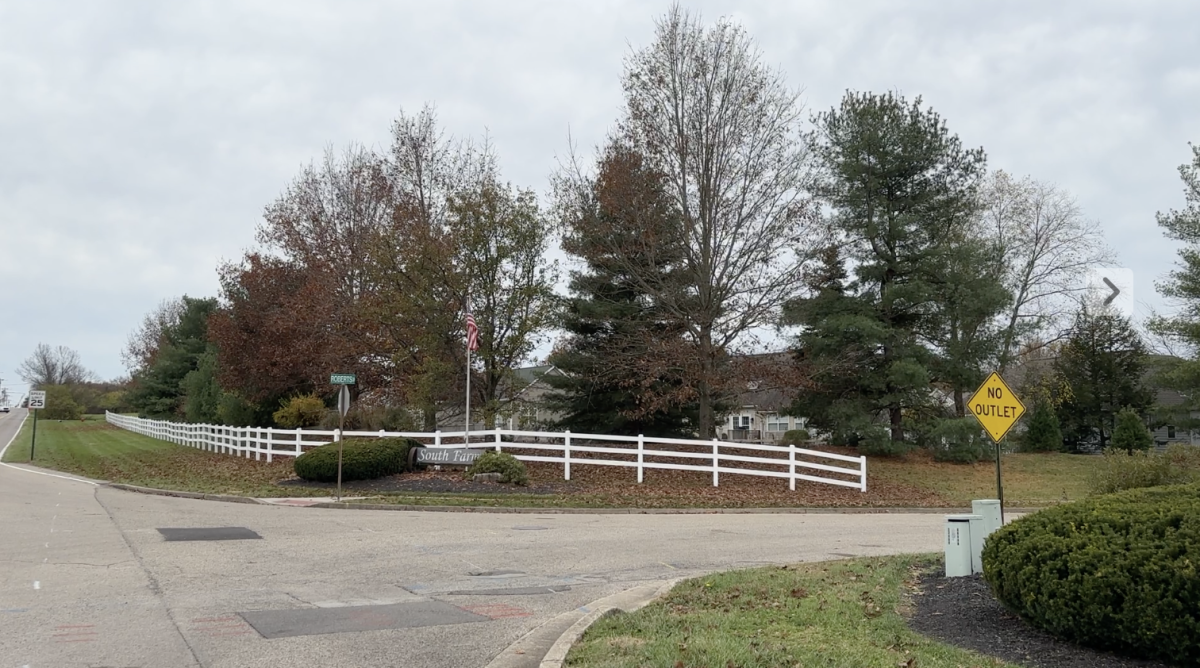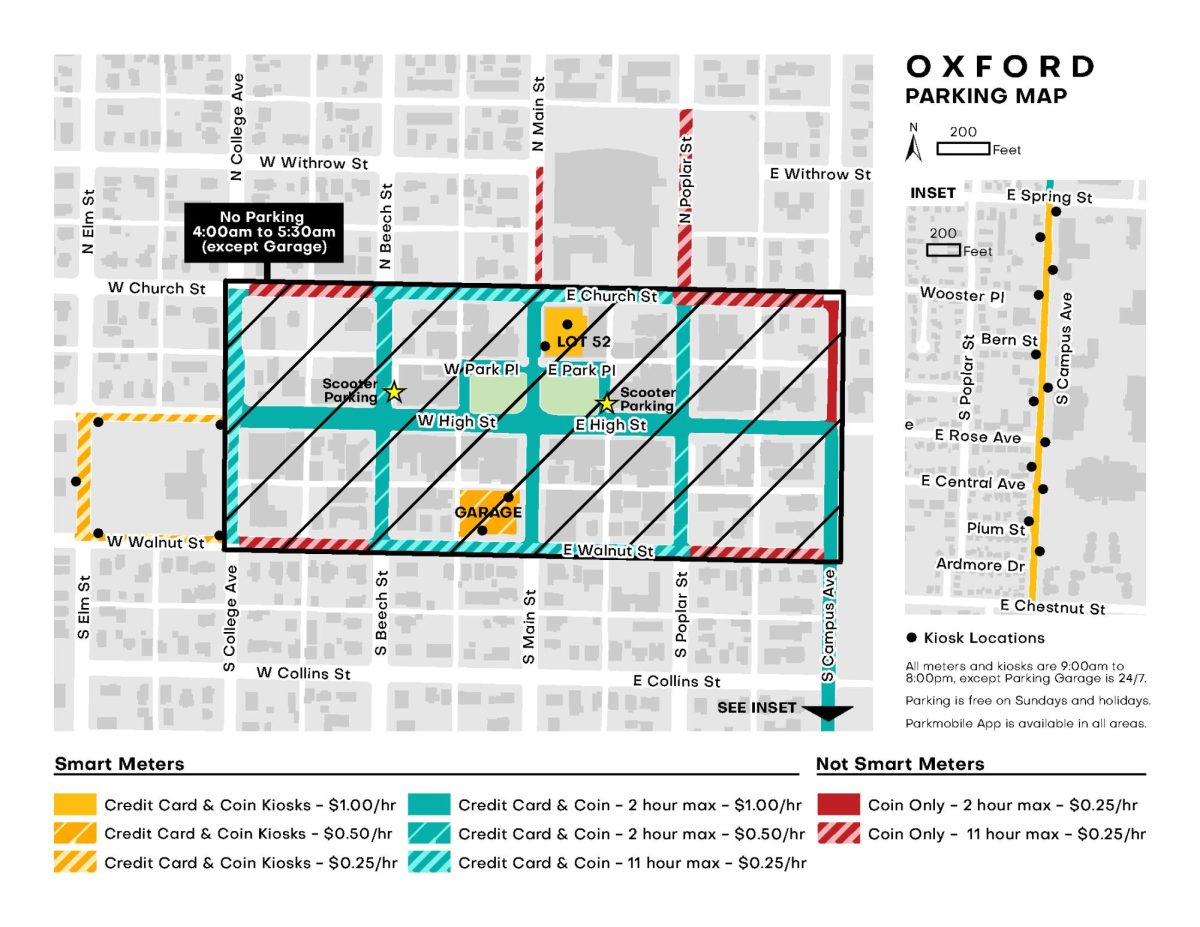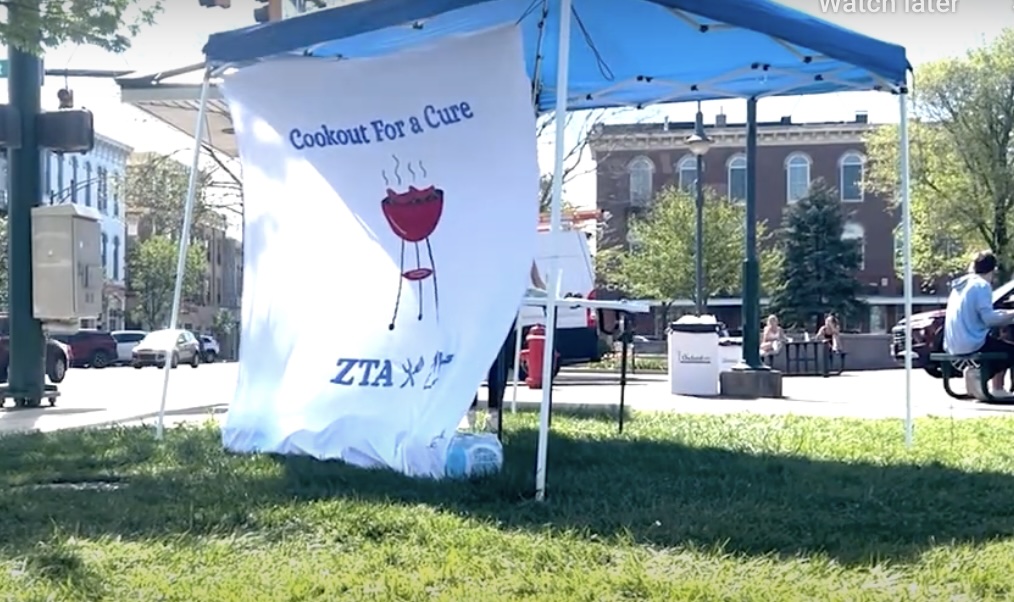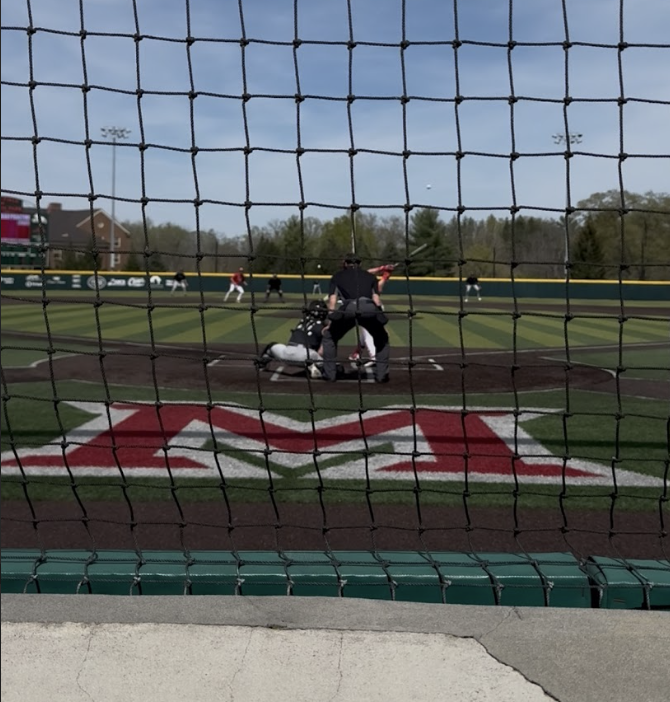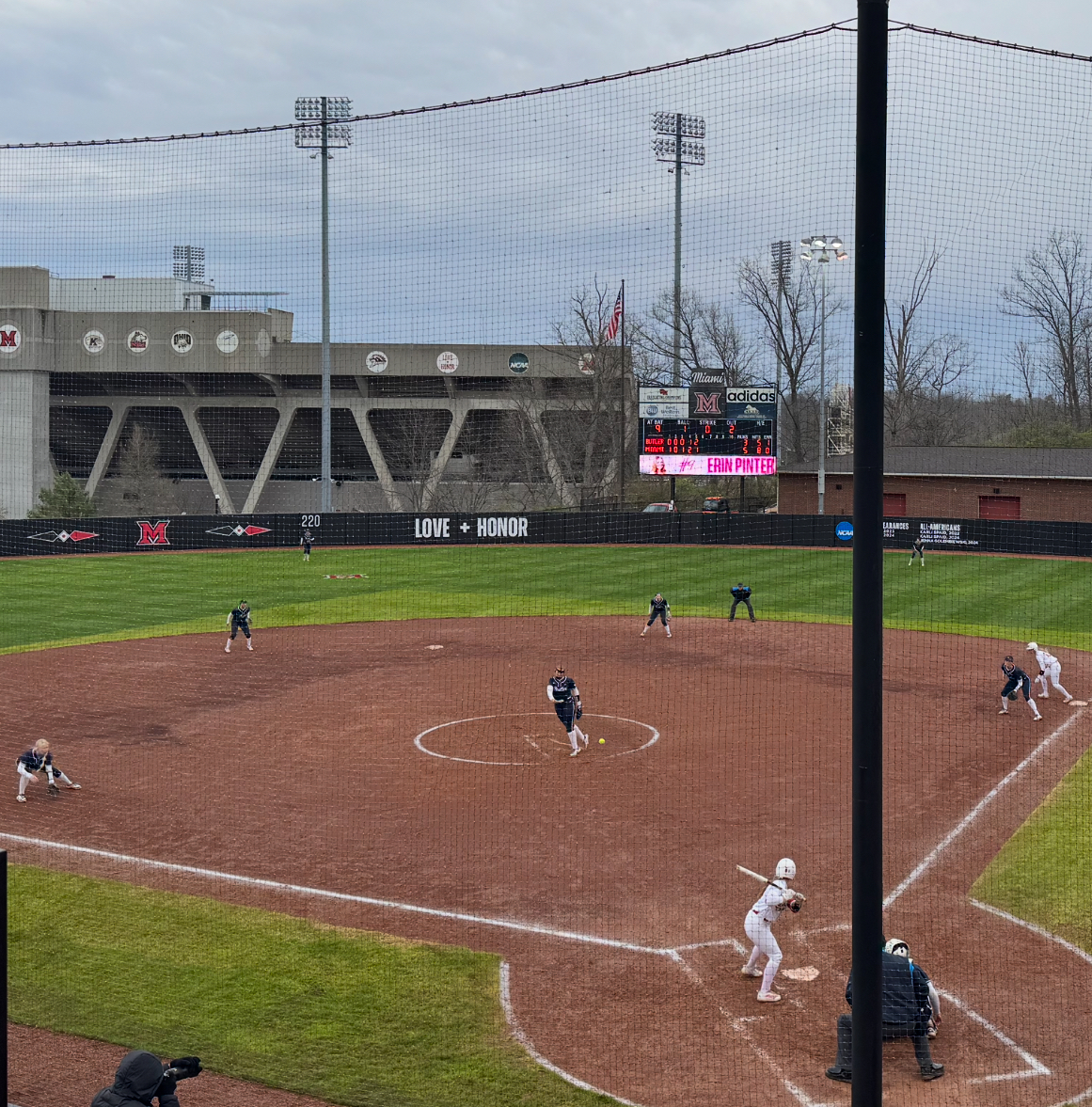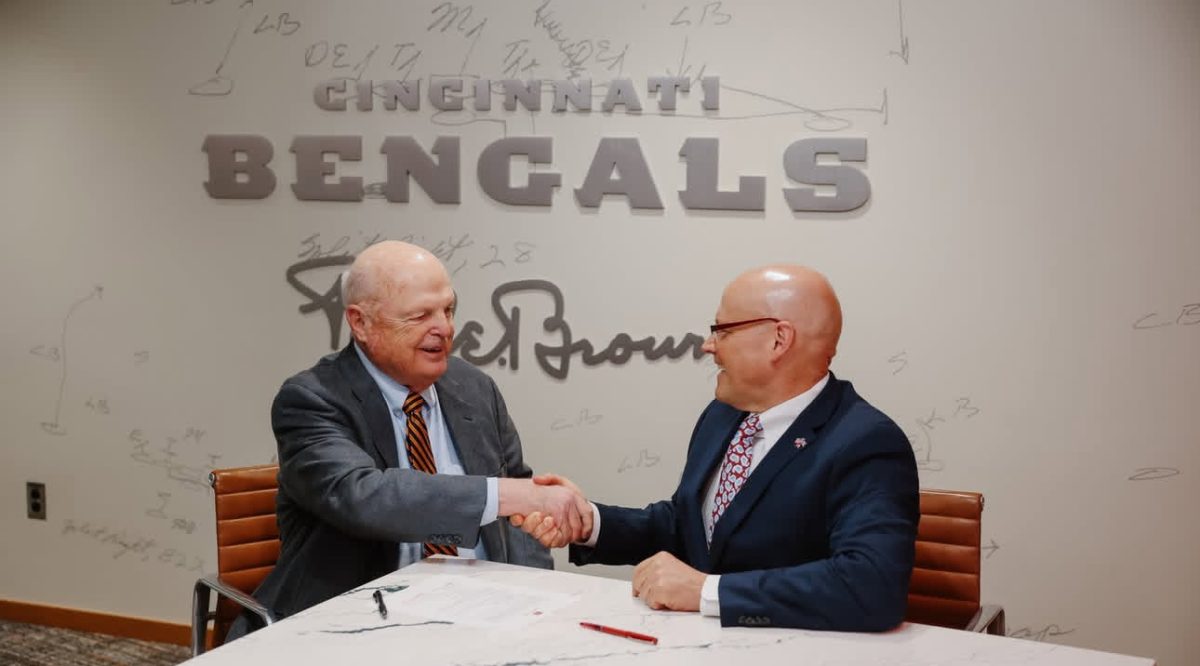Starting September, people living with Alzheimer’s or other dementias will be allowed to socialize with each other and with Miami University students at a free memory café.
The idea of memory cafés started in the Netherlands in 1997 by Dr. Bere Miesen as an “Alzheimer’s Café.” They were created to decrease the stigma around dementia, both for the community and for the person with the diagnosis, through recreational activities according to Elizabeth “Like” Lokon, the director of Opening Minds through Art, a part of Miami’s Scripps Gerontology Center. At cafe programs, people with dementia and their caregivers are joined by people from the community to socialize while participating in activities.
Since their creation, the cafés have gained popularity all over the world. In addition to this new café in Oxford, there are also programs in Harrison, Blue Ash and Greenhills.
The U.S. Census Bureau and the Alzheimer’s Association estimated that in Butler County, 5,350 people in 2018 were living with dementia.
“This is going to be a safe and fun place for them to just be themselves with the disease,” said Lokon, who is creating the Memory Cafés in Oxford.
The Scripps Gerontology Center and OMA are sponsoring the memory cafés. They will be open to anyone with or knows someone with dementia. A select number of students will be chosen to participate in keeping a balance between students and people with dementia, Lokon said.
“I’m afraid that there will be too many students and not enough elders,” she said. “I want people in the community to know that there is such a service here.”
To keep numbers even, Lokon is recruiting OMA members or students can reach out to her for volunteer information.
The program will take place at the Lane Public Library on the third Friday of each month from 2:30 p.m. to 4 p.m., and at the Oxford Community Arts Center on the first Monday of each month from 6 p.m. to 7:30 p.m. The first event is on Sept. 20 at the library.
“We at OCAC see the organization as a vehicle for building community through the arts,” said Caroline Croswell, the executive director at the Oxford Community Arts Center. “This project is a prime example of how we do that.”
Each program will be different, according to Lokon. At the first café, attendees will work together to create a large canvas painting to be submitted to the Miami University Art Museum. Future activities will include a lesson on Zentangle, a system of creating beautiful images from repetitive patterns, and possibly an event surrounding Indian Culture, according to the organizers.
The Memory Cafés are only the start, Lokon says. Eventually, she hopes to launch the Oxford Intergenerational Dementia Club (OIDC). This club will have the dual purpose of providing people diagnosed with dementia and their care partners with social and educational opportunities as well as giving Miami students service, educational, research and social opportunities.
In the meantime, the Oxford Memory Cafés will serve as a way to conduct needs assessments, find out what sorts of programming people want and build a community of dementia-friendly people in the area. Lokon said they will also be searching for funding, space and personnel for the OIDC.
“The ultimate goal here is to get people to connect with each other,” Lokon said.


